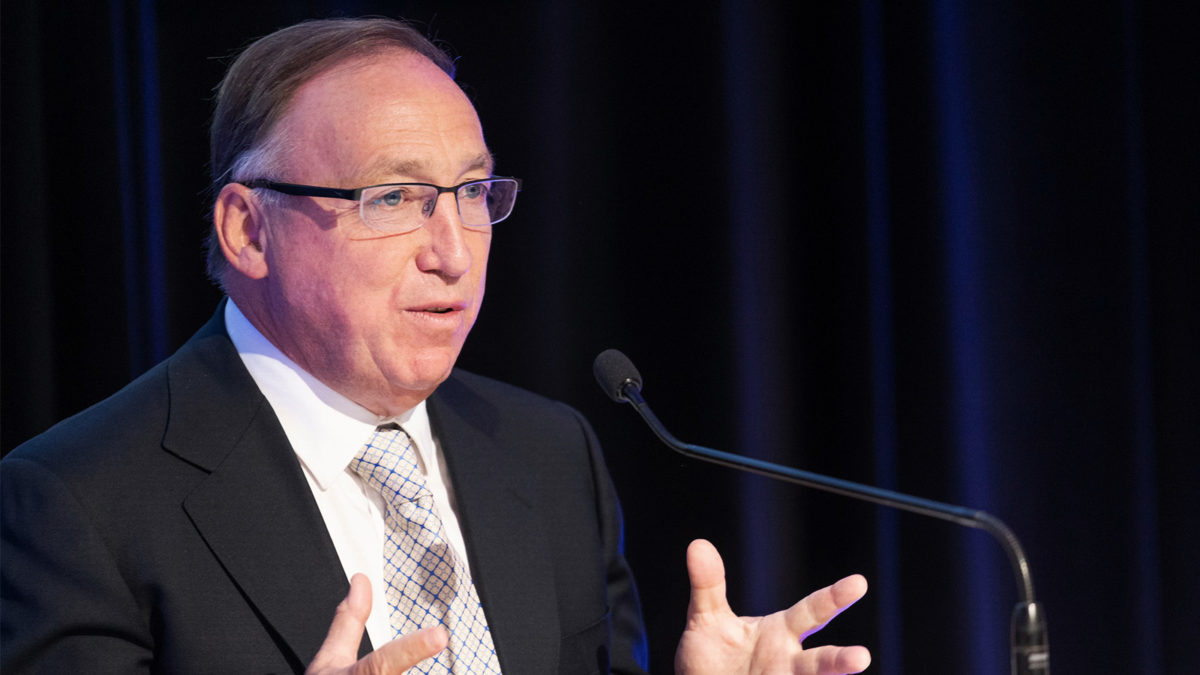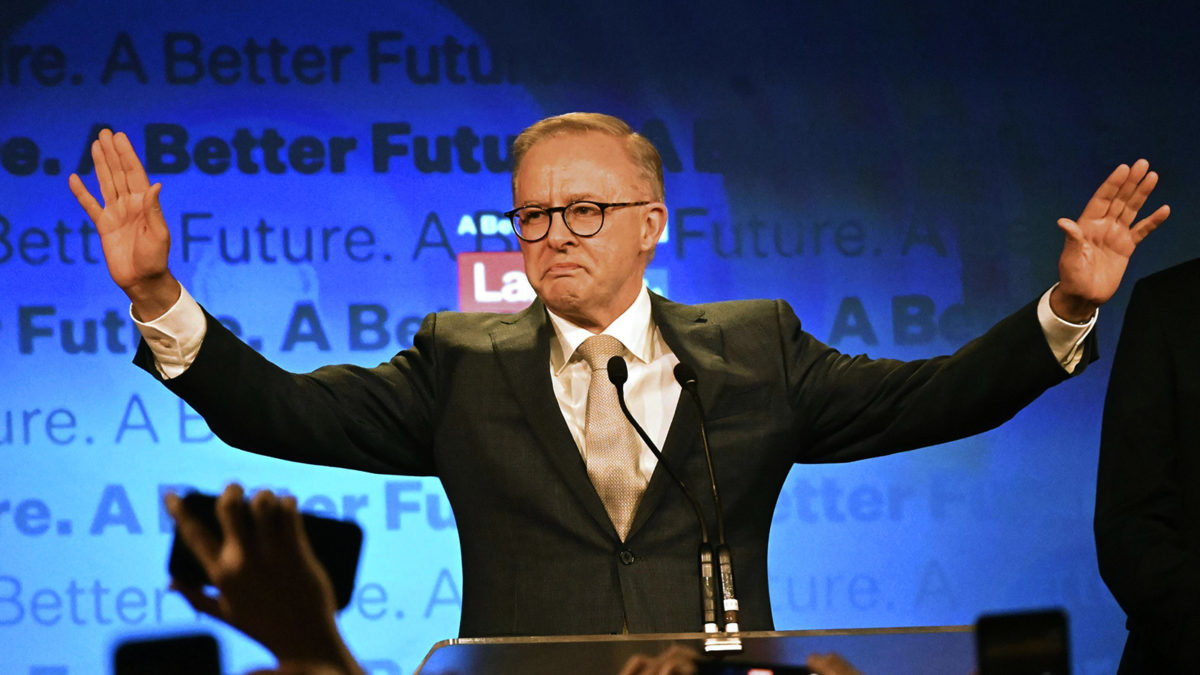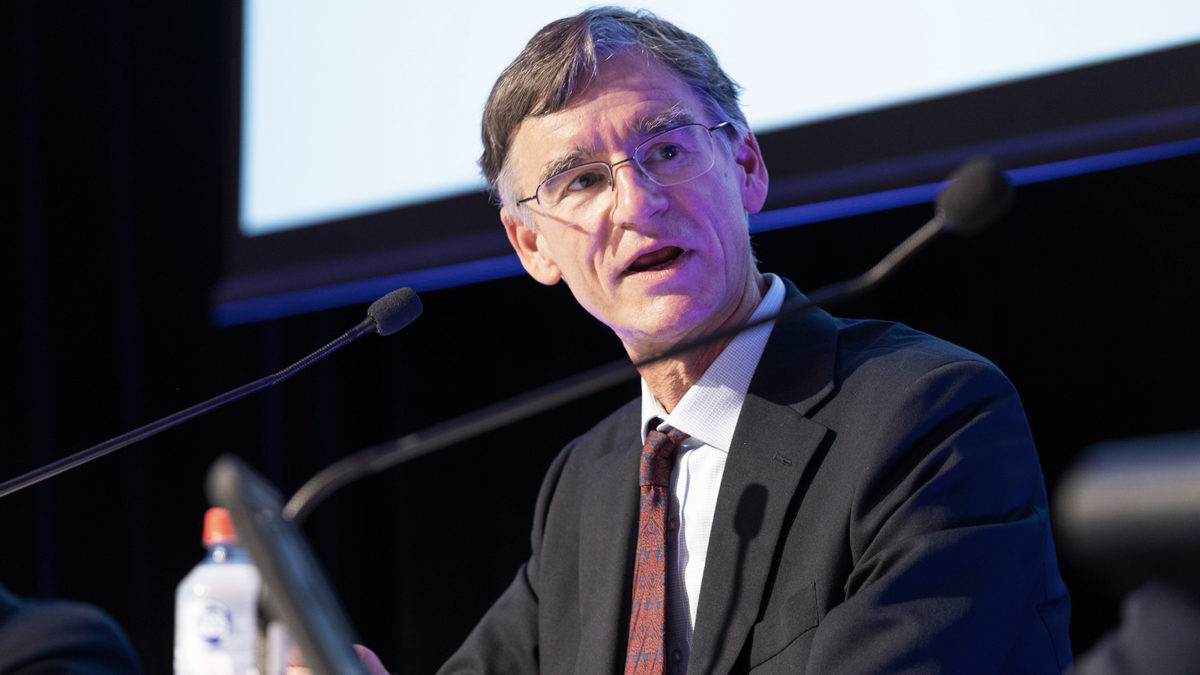-
Sort By
-
Newest
-
Newest
-
Oldest
Hostplus CIO Sam Sicilia believes the trillions of dollars washing around super could be put to good use in nation-building projects – and that criticisms of investing in unlisted assets are an “absurdity”.
Overseas, Australia’s biggest super fund is a small fish in a massive pond. To achieve the scale it wants it will have to dive deeper into the private markets, meeting stiff competition from its North American peers along the way.
Not-for-profit (NFP) investors are keen to jump into the private markets, but are being held back by the complexities of manager selection and concerns around cost.
Super funds are increasingly adding thematic passive products to their self-directed investment options as they face new competition from Gen Z focused start-ups – but the ultimate theme is still on the outs.
“When it comes to super, all the evidence points to the more you pay, the less you get. There’s lots of reasons for that, the most fundamental of which is that active management really struggles to outperform the market.”
Some within the sector believe the super wars are over and that industry funds have emerged victorious. But they shouldn’t take their primacy, or the change in government, for granted.
In the past, institutional investors have been accused of being too trigger happy when it comes to manager underperformance. But a new study has found they actually find it hard to let go.
The last nine years of government have been characterised by a deep-seated suspicion of the country’s largest investors. But with Labor back in power, the super wars are almost certainly over.
A survey of 50 global pension funds shows that many are losing hope of achieving their net-zero goals, and the sector is still “in the foothills” of the transition.
Australia’s superannuation funds are now parking member money further and further away from their old backyard. But a more divisive world presents them with challenges they’ve not faced before. It’s perhaps unsurprising that the opening of ASFA’s 2022 conference was dominated by conversations usually reserved for the war room. The rapid divestment from Russia –…














